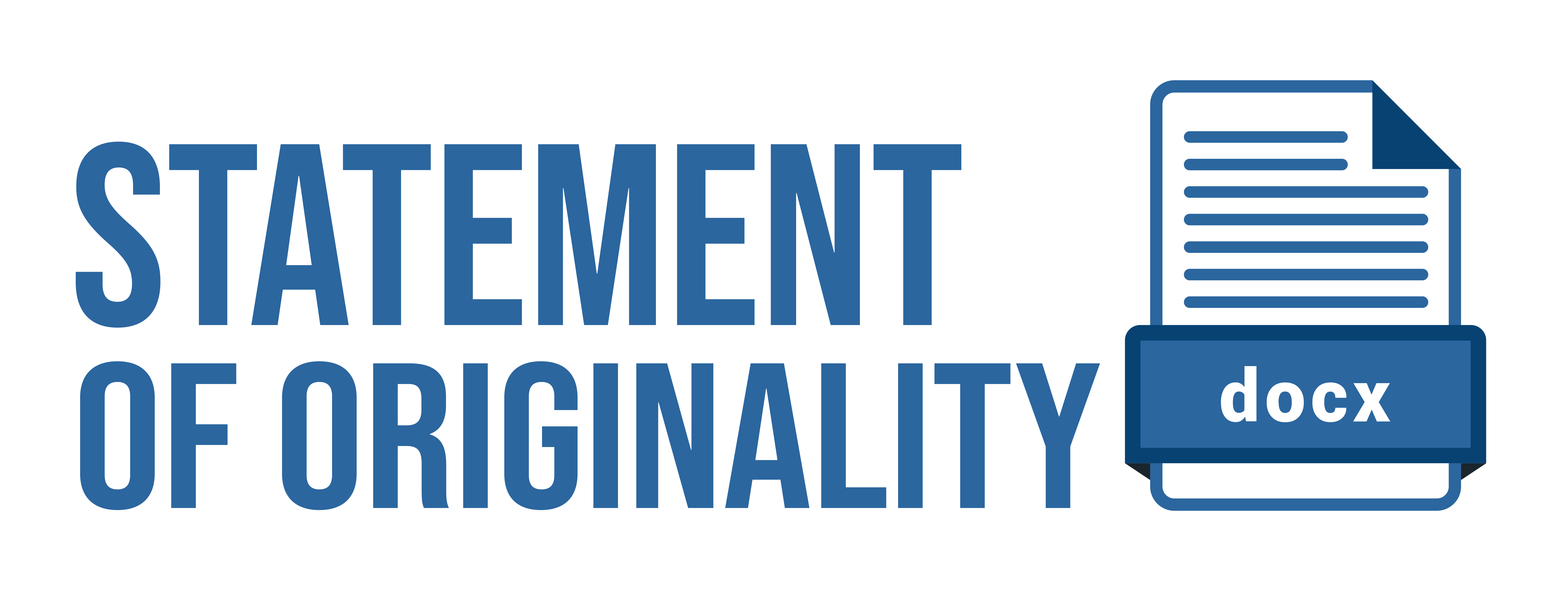KONTRIBUSI EKONOMI SYARI’AH DALAM PEMULIHAN EKONOMI INDONESIA DI MASA PANDEMI COVID-19
DOI:
https://doi.org/10.15575/as.v23i2.15552Keywords:
sharia economics, islamic social finance, financial technologyAbstract
Abstract: The purpose of this study is to identify the contribution of the Sharia economy during the Covid-19 pandemic to recover the Indonesian economy. A descriptive qualitative approach is a method in this research with library research as a type of research. This study concludes that at least there are 2 (two) Sharia economy contributions. Firstly, the optimization of Islamic social finance (management and distribution of zakat and waqf funds). Secondly, the development of sharia-based financial technology for online market players following sharia regulations.
Abstrak: Tujuan penelitian ini adalah untuk mengidentifikasi kontribusi ekonomi syariah di masa pandemi covid-19 sebagai sebuah ikhtiar pemulihan ekonomi Indonesia. Pendekatan kualitatif deskriptif menjadi metode dalam penelitian ini dengan studi kepustakaan (Library Research) sebagai jenis penelitiannya. Penelitian ini menyimpulkan bahwa setidaknya terdapat 2 (dua) kontribusi pencapaian dari ekonomi syariah, pertama optimalisasi islamic social finance (pengelolaan dan penyaluran dana zakat dan wakaf). Kedua, pengembangan financial technology berbasis syariah bagi pelaku pasar online yang sesuai dengan aturan syariah.
References
Abdul Nasir Khoerudin. ““Tujuan Dan Fungsi Wakaf Menurut Para Ulama Dan Undang-Undang Di Indonesia".†TAZKIYA 19, no. 2 (2018): 1–10.
Aziz, M. Wahib. “‘Wakaf Tunai Dalam Perspektif Hukum Islam,.’†International Journal Ihya’ ’Ulum Al- Din 19, no. 1 (2017): 1.
Choirunnisak Choirunnisak. “‘Optimalisasi Wakaf Di Indonesia,.’†Jurnal BAABU AL-ILMI: Ekonomi Dan Perbankan Syariah 4, no. 1 (2019): 120.
Fadhilah, Nur. “‘Pemberdayaan Komunitas Marjinal Berbasis Zakat Di LPP-Ziswaf Harapan Ummat Malang Jawa Timur,.’†Jurnal Dinamika Penelitian 17, no. 1 (2017): 90–112.
Iskandar, Azwar, Bayu Taufiq Possumah, and Khaerul Aqbar. “Peran Ekonomi Dan Keuangan Sosial Islam Saat Pandemi Covid-19.†SALAM: Jurnal Sosial Dan Budaya Syar-I 7, no. 7 (2020). https://doi.org/10.15408/sjsbs.v7i7.15544.
Jureid. “Ekonomi Syariah Sebagai Alternatif Kesejahteraan Ekonomi Masyarakat Pada Era Covid-19.†Jurnal Kajian Ekonomi Dan Kebijakan Publik 5, no. 2 (2020): 225–36.
Moh. Nazir. Metode Penelitian. Bandung: Ghalia Indonesia, 2003.
Mubayyinah, Fira. “Ekonomi Islam Dalam Perspektif Maqasid Asy-Syariah.†Journal of Sharia Economics 1, no. 1 (2019): 14–29. https://doi.org/10.35896/jse.v1i1.55.
Nasrudin, N. “Upaya Penyelesaian Sengketa Pada Sektor Bisnis Pariwisata Di Tengah Pandemi Covid 19.†ADLIYA: Jurnal Hukum Dan Kemanusiaan 14, no. 1 (2020): 81–100. https://doi.org/10.15575/adliya.v14i1.8564.
Nasution, Dewi Sartika. “Urgensi Fintech Dalam Kurikulum Pendidikan Tinggi.†Iqtishaduna viii, no. 2 (2017): 116–29.
Nurhidayat, Nurhidayat. “Pendekatan Ekonomi Syariah Dalam Menyelesaikan Masalah Eko
nomi Akibat Pandemi Covid-19.†Islamic Banking : Jurnal Pemikiran Dan Pengembangan Perbankan Syariah 6, no. 1 (2020): 17–34. https://doi.org/10.36908/isbank.v6i1.160.
Rusydiana, Aam. “Bagaimana Mengembangkan Industri Fintech Syariah Di Indonesia? Pendekatan Interpretive Structural Model (ISM).†Al-Muzara’ah 6, no. 2 (2019): 117–28. https://doi.org/10.29244/jam.6.2.117-128.
Sakni, A. “Konsep Ekonomi Islam dalam Mengentaskan Kesenjangan Sosial : Studi Atas Wacana Filantropi Islam Dalam Syari’at Wakaf.†Jurnal Ilmu Agama 14, no. 1 (2013): 151–66.
Suerjono Sukanto dan Sri Mamudji. Penelitian Hukum Normatif Suatu Tinjauan Singkat. Cet. 11. Jakarta: PT. Raja Grafindo Persada, 2009.
Syarif, Nurrohman, and Ponsen Prawito. “Pertumbuhan Ekonomi Islam Di Indonesia: Studi Kasus Perkembangan Keuangan Komersial Syariáh Dan Keuangan Sosial Syariáh.†Economica ,Jurnal Ekonomi Islam, 2020, 1–31.
Takhim, Muhammad. “Sistem Ekonomi Islam Dan Kesejahteraan Masyarakat.†Al-Mabsut: Jurnal Studi Islam Dan Sosial 10, no. 2 (2016): 436–51.
Yudhira, Ahmad. “Jurnal Ilmiah Akuntansi Keuangan Dan Bisnis Vol. 1 No. 1 Bulan April – September 2020.†Efektivitas, Analisis Dana, Penyaluran Sedekah, Infak Dan Sedekah Pada Yayasan Rumah Zakat 1, no. 1 (2020): 2–3.
Downloads
Published
How to Cite
Issue
Section
Citation Check
License
The author whose published manuscript approved the following provisions:
- Authors retain copyright and grant the journal right of first publication with the work simultaneously licensed under a Attribution-ShareAlike 4.0 International (CC BY-SA 4.0) License that allows others to share the work with an acknowledgment of the work's authorship and initial publication in this journal.
- Authors are able to enter into separate, additional contractual arrangements for the non-exclusive distribution of the journal's published version of the work (e.g., post it to an institutional repository or publish it in a book), with an acknowledgment of its initial publication in this journal.
- Authors are permitted and encouraged to post their work online (e.g., in institutional repositories or on their website) prior to and during the submission process, as it can lead to productive exchanges, as well as earlier and greater citation of published work (See The Effect of Open Access).






